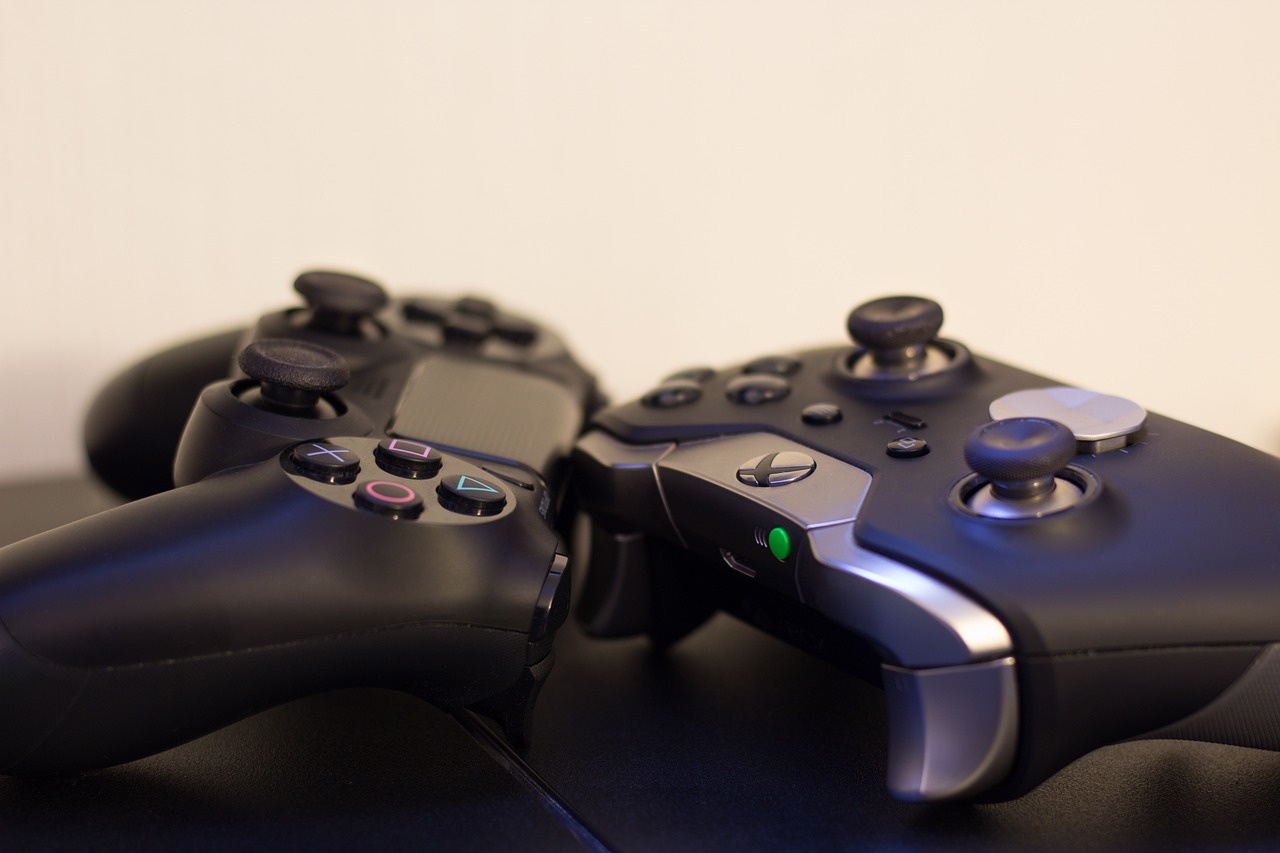News release
From:
Psychology: Video games may have positive effect on mental well-being
Owning a video game console and participating in gameplay may have a positive effect on mental well-being, according to a study based on data from 97,602 people in Japan, published in Nature Human Behaviour.
Among the public, it is often believed that video gaming negatively affects well-being, and the World Health Organization has labelled gaming disorder as a health condition. However, most of the existing scientific evidence on the relationship between video games and mental health has not established a strong link, and some recent observational studies have recorded both positive and negative impacts.
Owing to a shortage of game consoles during 2020 to 2022, Japanese retailers used lotteries to assign two different consoles to consumers. Hiroyuki Egami and colleagues utilized this random distribution to assess the impact of video gaming on distress and life satisfaction.
They surveyed 97,602 individuals — 8,192 of whom participated in the lottery — aged between 10–69 living across all prefectures of Japan and collected information on respondents’ lottery participation, video game console ownership, gaming preferences, mental health, life satisfaction and sociodemographic characteristics. Using different approaches, including a machine learning algorithm designed for causal inference on survey data, they found that both owning one of the game consoles and playing games on one of them improved mental health. However, participants who played video games for over three hours per day saw diminishing additional benefits. Console ownership was also shown to improve life satisfaction and reduce psychological distress.
Egami and colleagues caution that collecting data during the COVID-19 pandemic could have affected the findings. However, they suggest their findings highlight the complex impact of screen time on mental well-being and indicate the need to consider differential screen time effects.



 International
International


